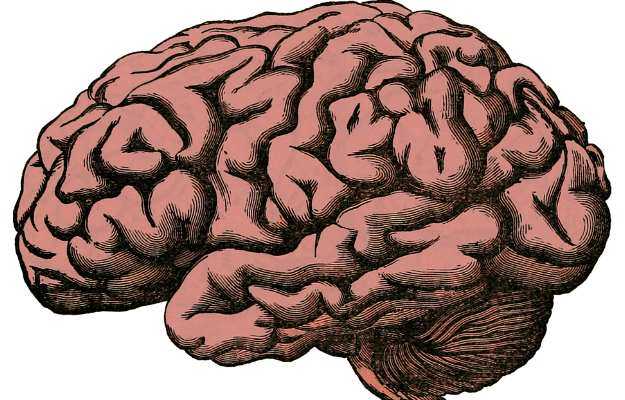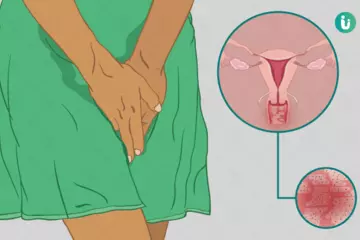What is cerebral malaria?
Cerebral malaria (CM), a severe complication of malaria, is a neurological syndrome characterised by seizures and coma. It is mainly observed in young children and adults residing in malaria-prone areas.
What are its main signs and symptoms?
CM can develop in less than 2 weeks after a mosquito bite and beyond 2 to 7 days of fever. It is characterised by abnormal behaviour,impaired consciousness, epileptic fits, coma and other neurological symptoms. It is found that 6 out of 14 children show increased cerebral volume. CM can also cause defects in movements, speech difficulties, deafness and blindness in children. Signs and symptoms include:
- Seizures
- Retinopathy
- Altered state of consciousness
- Increased cranial pressure and swelling
- Headache
- Backache
- Nausea
- Vomiting
Neurological features are often associated with severe metabolic acidosis (too much acid in body fluids), low haemoglobin and reduced sugar level.
What are its main causes?
It spreads through the bite of the female Anopheles mosquito. There are four species of Plasmodium responsible for the infection, out of which P. falciparum is the most severe infection. CM occurs due to blockage of the small capillaries of the brain by infected blood cells, resulting in swelling of the brain and eventually brain damage. The blood-brain barrier (BBB), which protects the brain from foreign substances, gets ruptured and fibrinogen leakage is observed. This can result in coma. Other reasons for neurological complications may include:
- High-grade fever
- Anti-malarial medicines
- Reduced sugar levels
- Reduced sodium levels
- Extremely low haemoglobin levels
How is it diagnosed and treated?
Doctors take a medical history including any recent travel history to malaria-prone areas and do a physical examination. Imaging may be done to find ischaemia-involved areas.
- Computed tomography (CT) scan: It may appear normal, but some features can be seen, such as
- Cerebral oedema
- Thalamic hypoattenuation due to infarcts
- Cerebellar white matter hypoattenuation
- Magnetic resonance imaging (MRI): Useful to understand the key presentations associated with disease progression.
- Lumbar puncture: To exclude other causes of febrile syndromes with altered level of consciousness.
CM is a serious complication and requires immediate medical attention. Treatment mainly includes:
- Anti-malarial drugs – monotherapy or combination therapy to avoid resistance.
- Agents to correct electrolyte imbalance.
- Symptomatic use of anti-epileptic drugs.
- Steroid derivatives.
- Correcting other neurological complications.
- Oxygen therapy may help in case of respiratory distress.
Self-care tips include:
- Early identification of symptoms can help break the infection cycle.
- Avoid unnecessary use of fever medications if it does not help in reducing prolonged fever.
- Keep your surroundings clean and eliminate mosquito breeding sources.
Proper treatment and care can help in minimising brain damage and the complications of malaria.
(Consult a doctor with online treatment app)

 OTC Medicines for Cerebral Malaria
OTC Medicines for Cerebral Malaria















